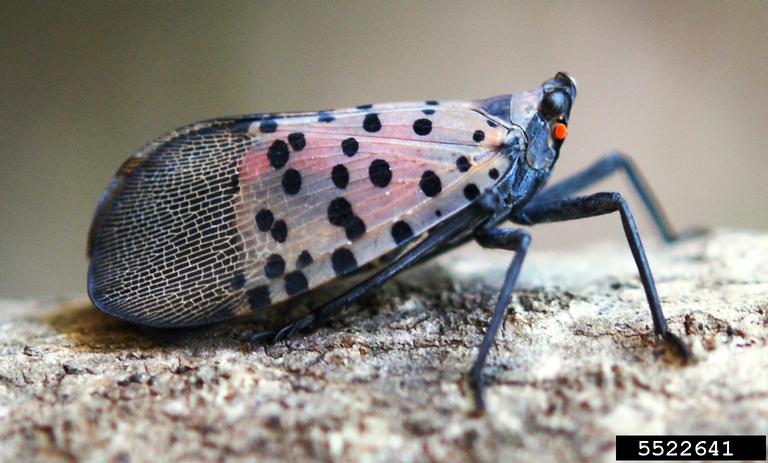 CAES News
CAES News
Invasive Spotted Lanternfly
State governments are asking people to be on the lookout for an invasive insect pest called spotted lanternfly (Lycorma delicatula). University of Georgia experts say vigilant prevention strategies, early detection and timely interventions can help keep them from spreading into Georgia and elsewhere. While they do not bite or sting humans or animals, spotted lanternflies feed on host plants including grape vines, hardwoods, and ornamental and fruiting trees.


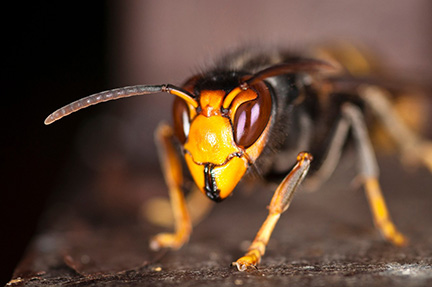
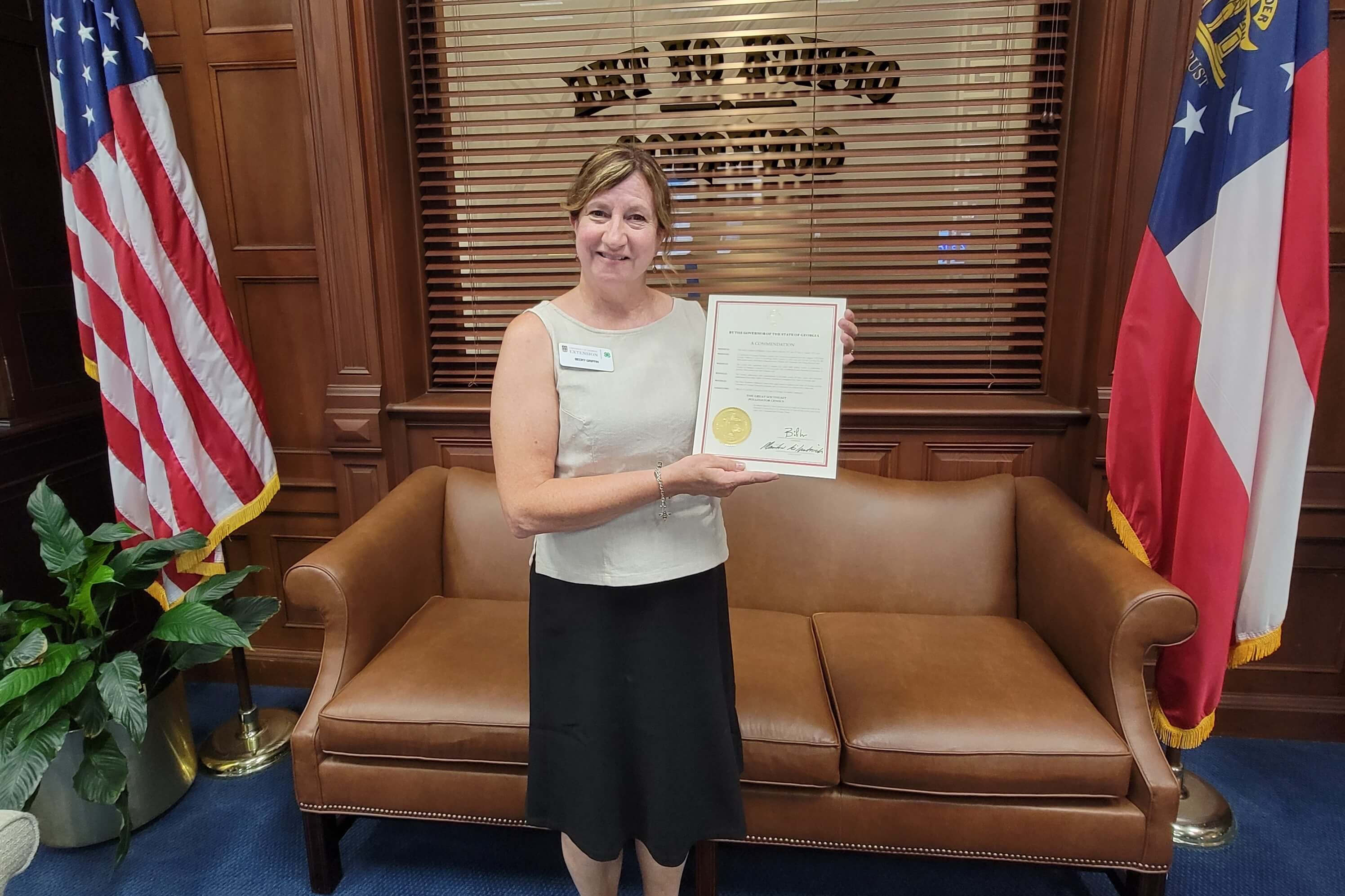
.png)
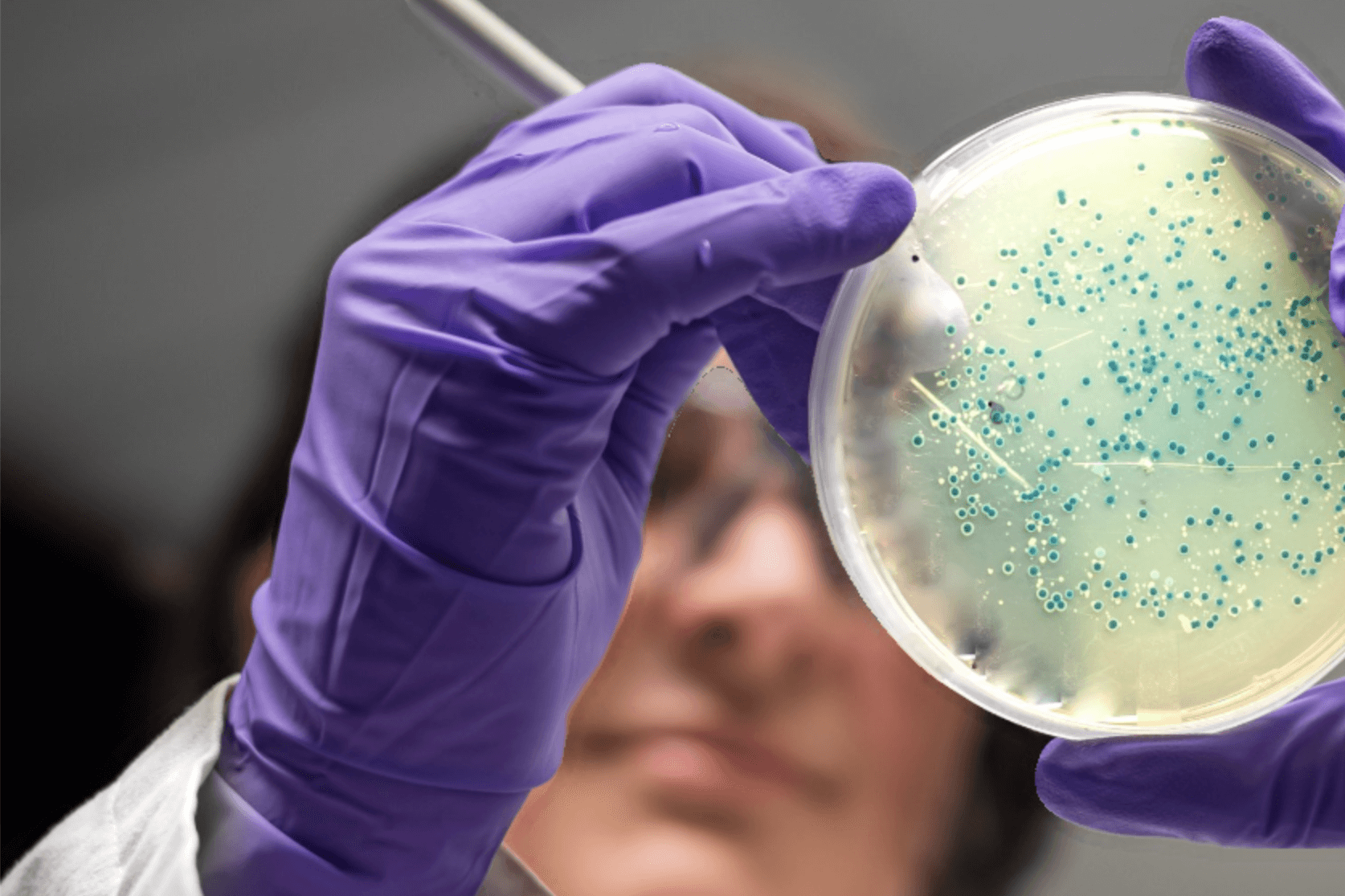
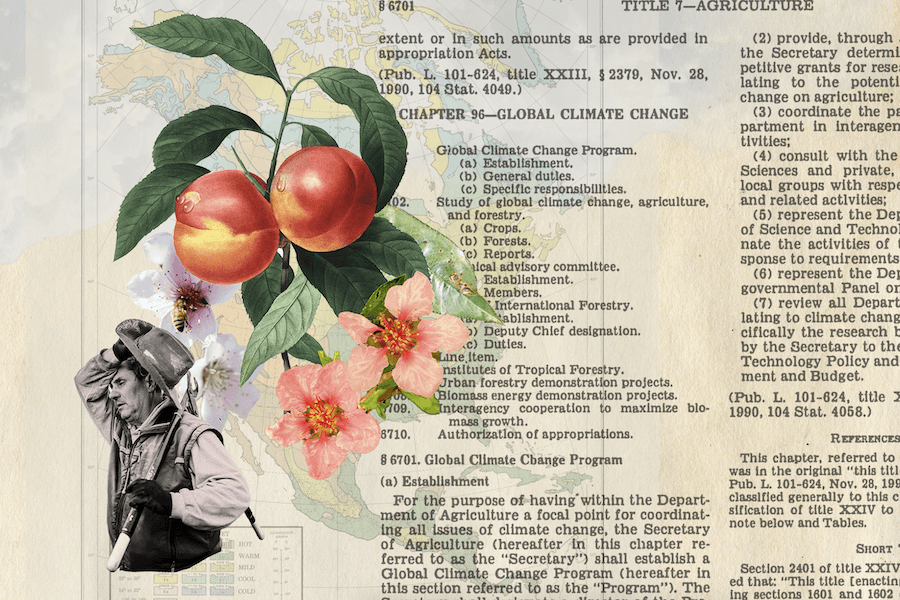


.png)